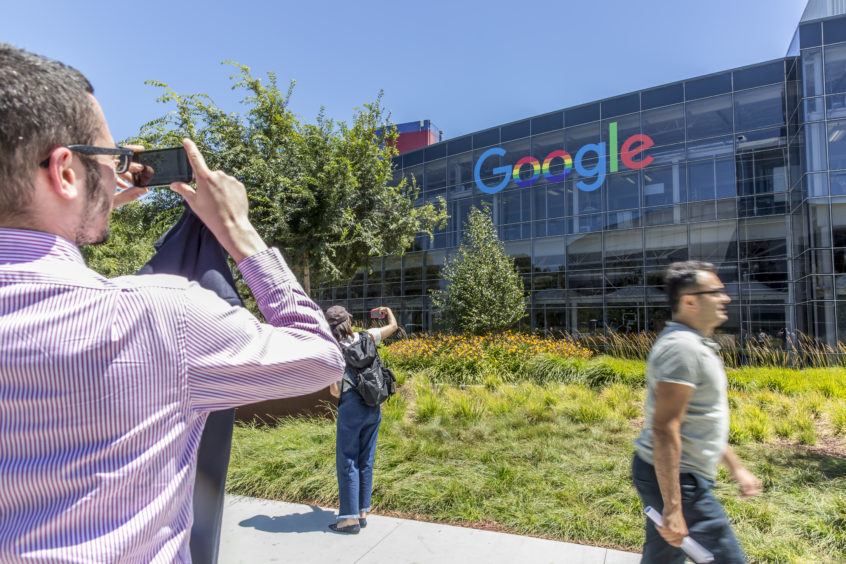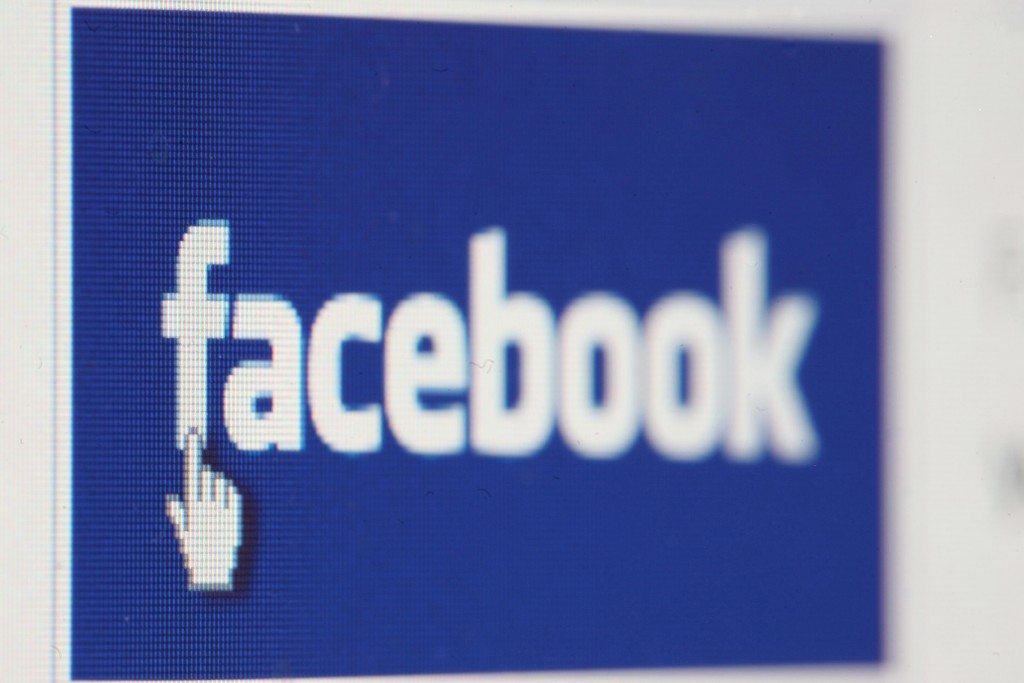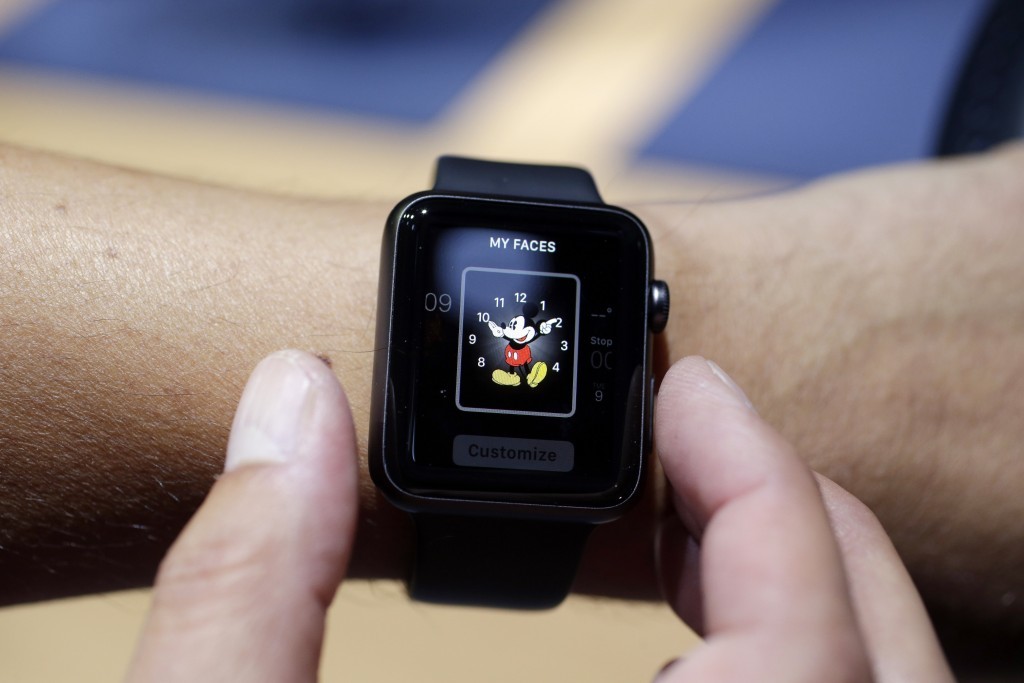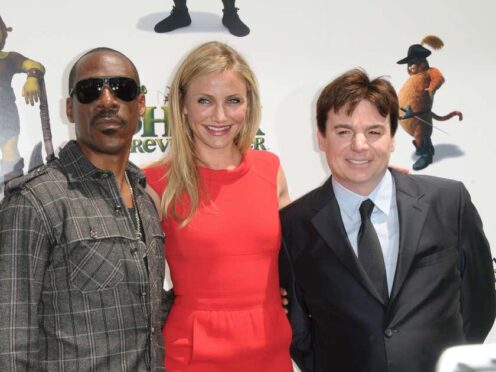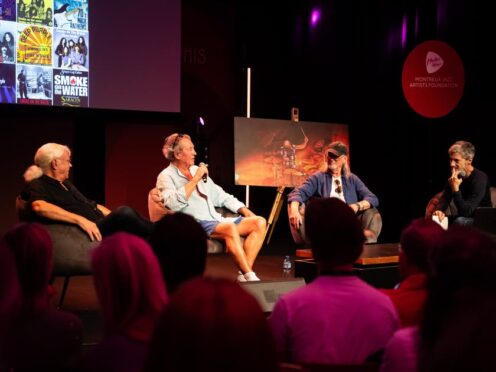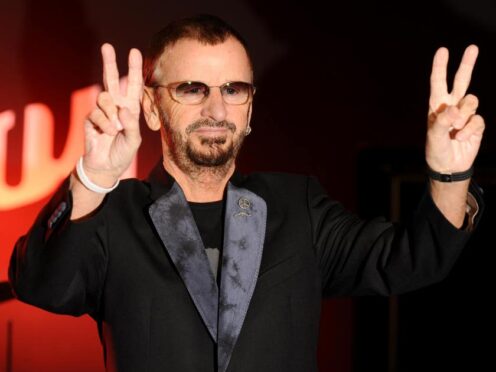Australian entrepreneur Jayson Frazer – creator of Silicon Valley Unlocked – talks about his latest brainchild to Michael Alexander.
The recent row surrounding Facebook’s use of data is a reminder of how a simple business idea – in this case the sharing of information – can dramatically change lives.
But where is the next big “disruptor” likely to come from?
According to Melbourne businessman Jayson Frazer, who has worked with brands including Samsung, BMW, Virgin Australia and Nissan, disruption is less about technology and more about “one small change” to an existing business idea.
“Let’s talk about Uber for example,” he says in an interview with The Courier.
“It’s a great example of how disruption works – it’s a great case study.
“Fundamentally they provide small vehicle transport. That’s nothing new. They allow us to pay via a credit card. That’s nothing new. They facilitate the booking or the hailing of a taxi. That’s nothing new. The technology they are employing. That’s nothing new. The actual raw code, platform technology they employ is not proprietary to Uber – it’s open source software.
“So why is Uber so disruptive?
“It’s the small little things that they do. Little ideas such as being able to track where your car is at any time and pay seamlessly without paying card or money to the cabbie.
“It’s those little things that improve albeit very marginally an existing taxi service that has made Uber so attractive as a service offering, therefore that’s what makes it so disruptive.
“So for me disruption is about incremental change. It’s about the little things that we can do with existing businesses that make customers flock to things like Uber.”
Growing up in an “average family without a lot of money”, and motivated from an early age to improve his personal circumstances, Jayson, 48, was 13-years-old when he launched his first business in Australia – going around his neighbourhood mowing lawns.
He’s run around 12 businesses since including 25 years’ experience assisting businesses achieve greater results and has worked in corporate travel management.
He’s been in the UK recently, however, to promote his new business Silicon Valley Unlocked.
He’s arranging a five-day boot camp in Silicon Valley, California, in June offering innovators, budding entrepreneurs and fortunate opportunists exclusive insight into the playground of pioneers behind some of the world’s biggest companies including Google, Apple, Uber, Tesla and AirBnB.
Frazer saw a market opportunity to introduce ambitious enterprise leaders to the epicentre of tech moguls – and hopefully learn lessons that they can bring to their own ideas.
“It’s business people primarily we are aiming at but business people from small start-ups right through to small corporations,” he explains.
“The basic take away from the boot camp tours is answering the question of innovation and how have these Silicon Valley tech giants and also the smaller start-ups that are disrupting every industry around us innovated and got them to where they are? What could other business people learn from those success stories?”
Frazer laughs when it’s pointed out that Facebook is not on the list of executives his tours will meet.
However, he says there’s definitely lessons to be learned from the Facebook affair.
He adds: “Do you know what, here’s the thing about Facebook and these big massive tech giants.
“At the end of the day, the fundamental principles of business apply and so does common sense.
“So I don’t care who you are whether you are Facebook or if you are a high street travel agency, you’ve got to apply common sense.
“We all know and understand that when we are gathering data on customers we have a duty to manage that data with integrity and to respect the law and respect privacy.
“I can understand how Facebook has got itself into this situation.”
Frazer says he is “most proud” of the businesses he has started from scratch – finding investment, customers, employees who buy into the idea and ultimately those that go on to become profitable.
“That validation for me is hugely motivating,” he says.
However, he admits there are “hundreds” of innovations out there which he wishes he’d developed first.
He adds: “The most frustrating ones are not ‘I wish I’d thought of that’. It’s more ‘gee I did think of that – I wish I’d been the first to go to market!’
“That’s the most frustrating scenario and that’s what makes success so elusive and innovation so difficult.
“It’s like hearing a really beautiful song – you get it, it’s amazing, and it seems so simple.
“But if you were to sit down and try and do the same thing from scratch, unless you’ve got the talent or the previous position for it, it’s impossible.”



